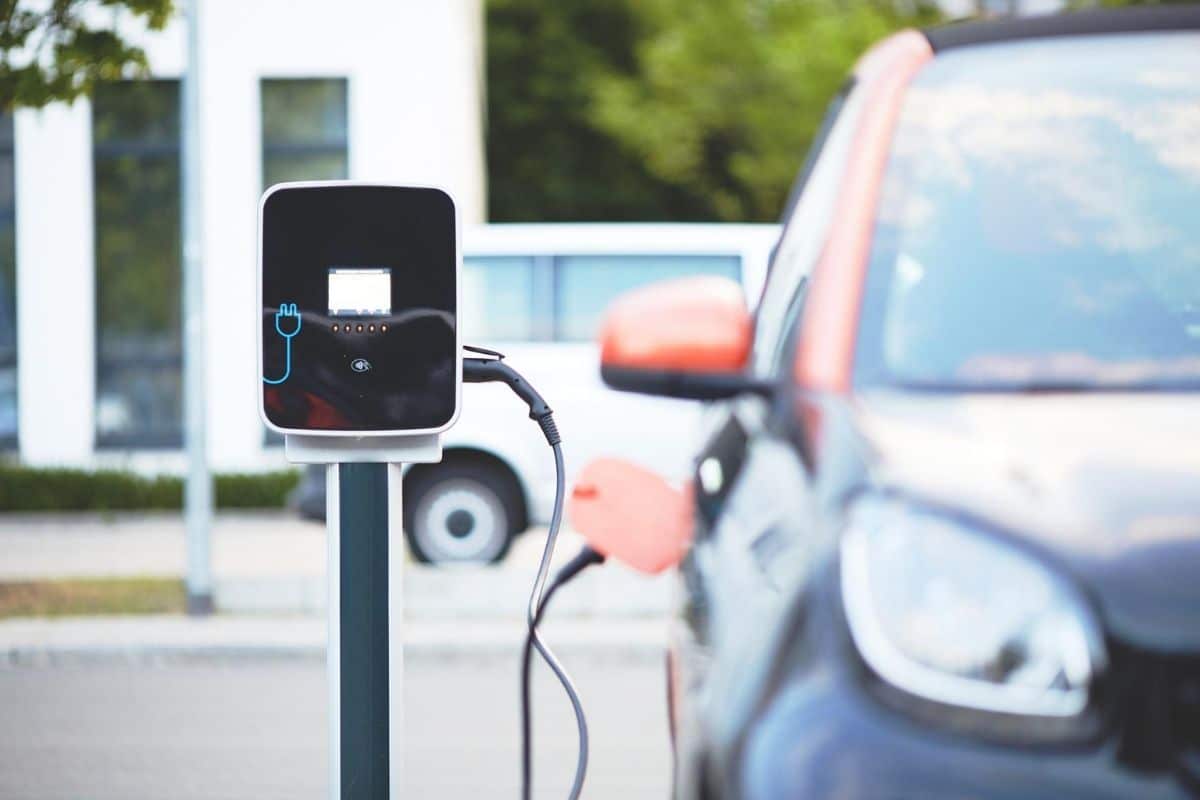

The range of an electric car is often underestimated, while the distance of daily journeys is overestimated.
The increase in greenhouse gases in the atmosphere is one of the main causes of global warming. Among those greenhouse gases is carbon dioxide – the well-known CO2 – of which the transport sector is one of the main emitters. Switching to electric cars can therefore offer a solution. However, a significant increase in the number of electric vehicles on the road is not forthcoming. But why don’t we take the plunge en masse?
Although the electrification of the vehicle fleet is an important part of the energy transition, it is not really getting off to a great start yet. In 2020, electric cars represented just 1 percent of the global vehicle fleet. And that even includes hybrid vehicles. In order to achieve the 2030 climate targets, this share must be at least 12 percent.
Barriers
A pressing question is therefore what is actually stopping us from purchasing an electric car. Because although the main financial and technical barriers have been removed (such as lower purchase prices and a denser network of charging stations), it is not yet a storm. In a new study researchers set out to identify the factors that hinder widespread adoption.
Study
The research team surveyed more than 2,000 drivers of different backgrounds and ages from Germany and the United States. “Until now, initiatives related to the energy transition have generally focused on the technological and financial barriers to its realization,” said researcher Mario Herberz. “Little attention has been paid to psychological factors. However, many studies show that people do not automatically adopt behaviors that are most beneficial to themselves or society, often due to a lack of information.”
between your ears
The researchers make an interesting discovery. Because it seems that the real reason for the lack of a mass run on electric cars is between our ears. Cognitive biases appear to prevent many from switching to an electric car. “We found that participants systematically underestimate the battery capacity of electric cars available on the current market,” says Tobias Brosch.
Driving range
In other words, consumers think that the current range of electric cars is not enough to cover their daily journeys. In short, the range of an electric car is often underestimated, while the distance of daily journeys is overestimated.
Unjustified
Yet this is completely wrong. The research team discovered that more than 90 percent of car journeys can be made with a vehicle with a driving range of 200 kilometers. And that is a modest range among the currently available electric cars. For example, the range of large cars is on average 425 km, medium-sized cars 310 km and small cars 230 km.
Minimal impact
Although work is currently underway on ways to increase the range of electric cars, the researchers show that this is not where the real gold lies. “It would only have a minimal impact on the number of extra trips that will be made on one electric charge,” Herberz says. “Increasing the batteries is therefore not a key element in the energy transition.”
In order to convince people, therefore, no compaction of the network of charging stations or an increase in the size of the batteries is necessary. “We have to provide people with tailor-made information, adapted to the concrete needs of motorists,” says Herberz. “This will reduce their concerns and increase their willingness to switch to an electric vehicle.”
Source material:
† How a cognitive bias is blocking the rise of electric cars ” – University of Geneva
Image at the top of this article: andreas160578 via Pixabay